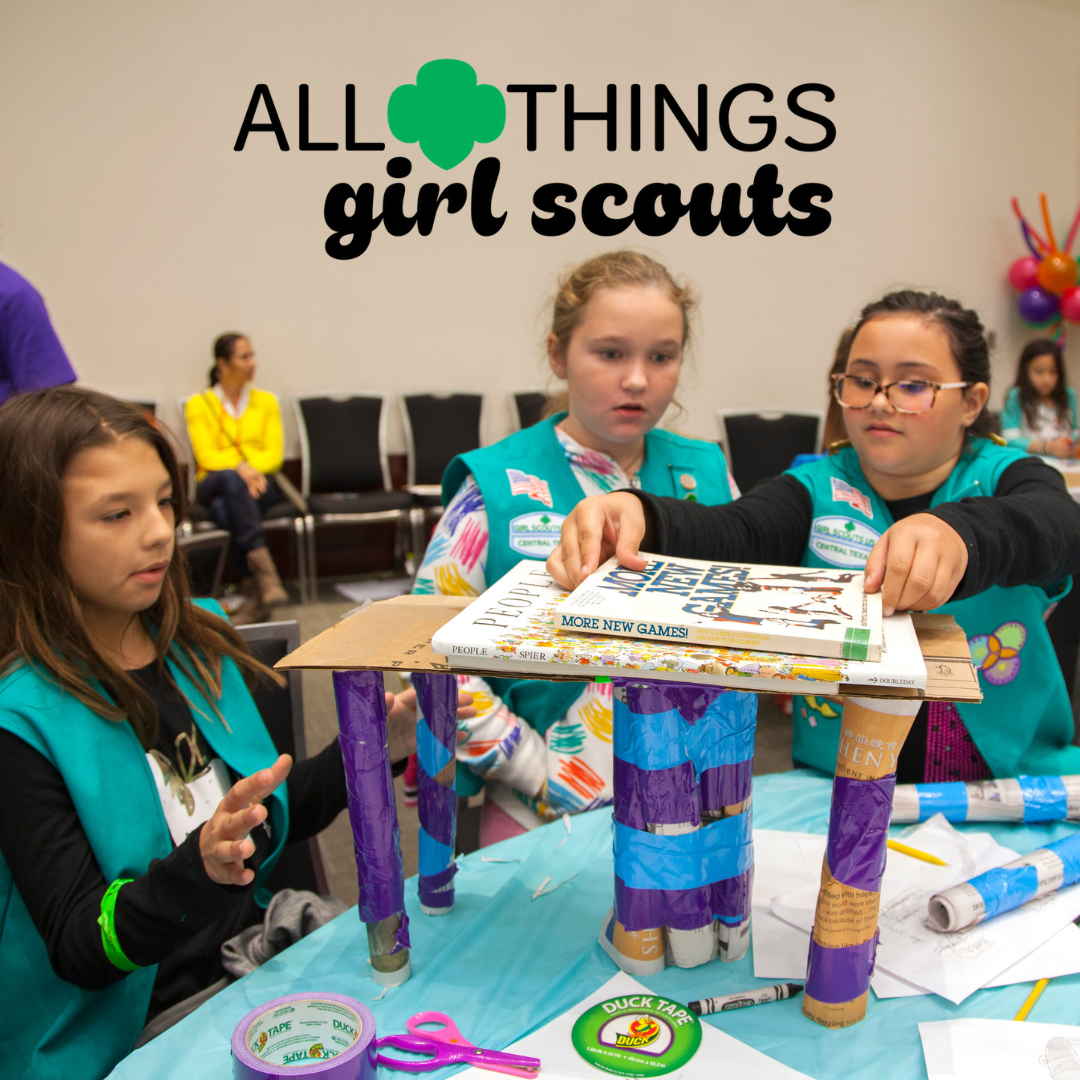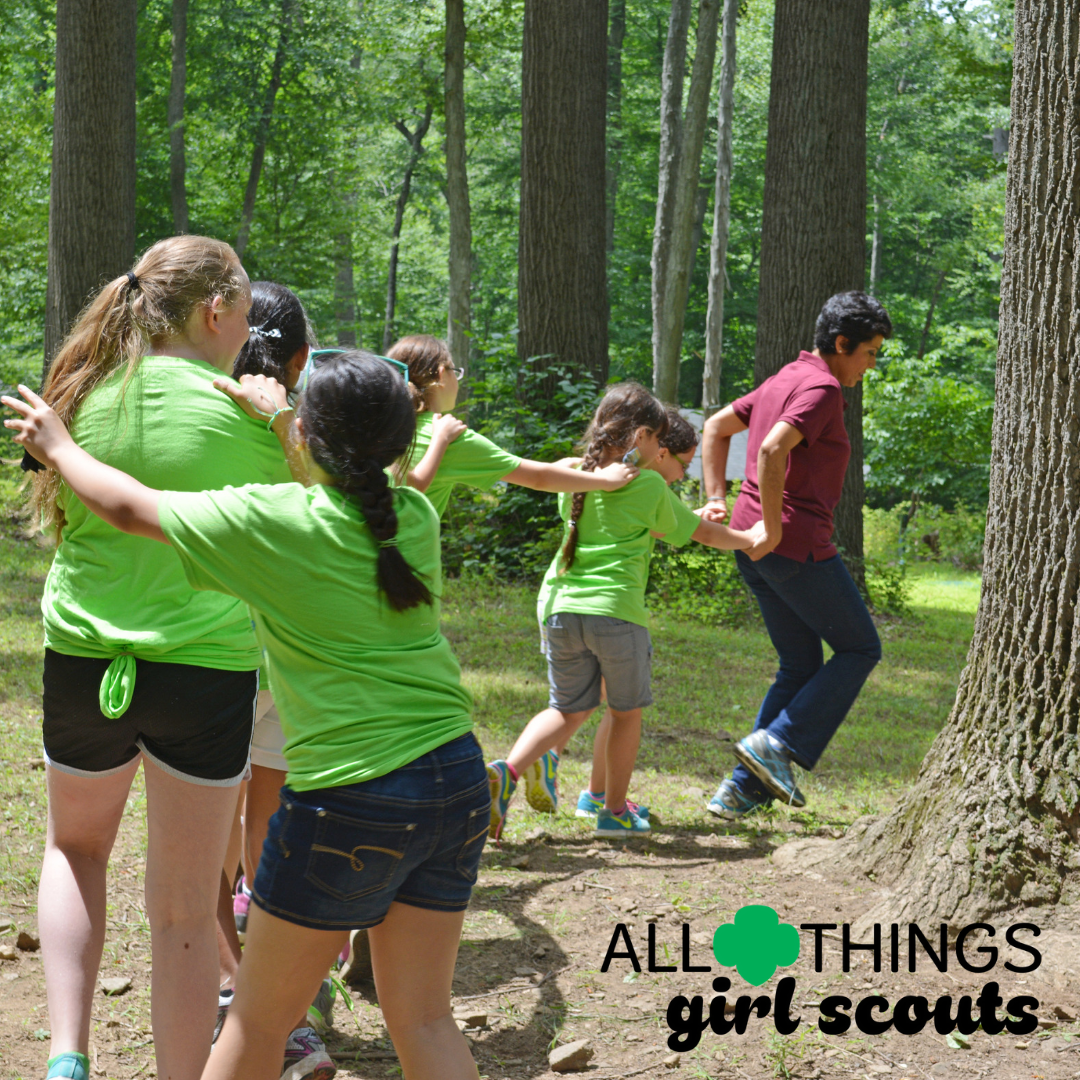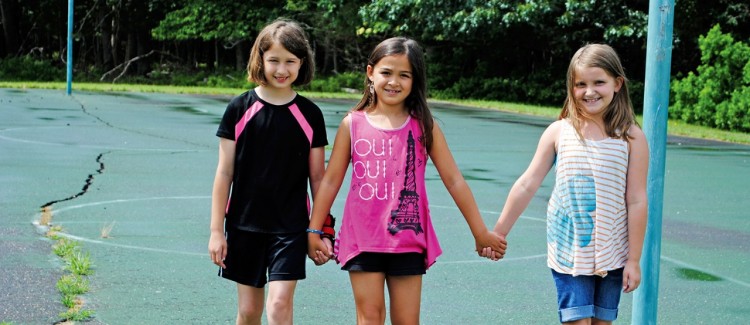 Featured
Featured
Cooperative Learning When Girls Are Less Than Cooperative
Cooperative Learning can be as easy as completing an activity with a partner or as a group, but we all know group dynamics can get in the way of even the best-planned activities. Helping girls get the most out of working together can be difficult when you factor in their relationships to each other in and out of Girl Scouts. Let’s take a look at some common challenges and ways to address them.
Scenario 1: When our troop does group brainstorming, no one talks, or only one girl talks and the rest just go along with what she says.
Idea to help: Divide girls into groups of 3-5 to brainstorm together before reconvening as a group. This way, more ideas make it to the table. At the end, have one person from each group write their group’s ideas on a poster board that everyone can see. Prepare girls ahead of time that you’ll need someone from each group to talk about their ideas so they’re ready for this step.
Senario 2: When picking partners, some of the girls argue over who gets to be partners with one particular girl.
Idea to help: Mix it up by using mini-games or activities to assign partners. Before announcing that they are dividing into groups, consider starting the conversations by immediately announcing how you are dividing the girls, using a count off or similar system. Other ideas could be having a set of matching cards that you hand out so pairs are assigned at random.
Senario 3: I have two girls who don’t get along at school or in our troop meeting, working together always ends up disruptive and adding animosity to their relationship.
Idea to help: Forcing girls who don’t get along to work together can backfire. While your instinct might tell you to put them as partners so they can work it out, that rarely works. Instead, let them keep some space. This doesn’t mean that they never work together, but try not to make them work together one-on-one. When they do work together, perhaps in small groups, try not to put their closest allies in the groups, but girls who are more neutral, then keep an eye on the group to see how it’s going. In the meantime, consider playing a game at each meeting that focuses on learning about similarities and differences or working together. It will help them practice skills of teamwork, even if not directly with each other.
Do you have some suggestions or strategies that have worked for your girls? Share them in the comments!








